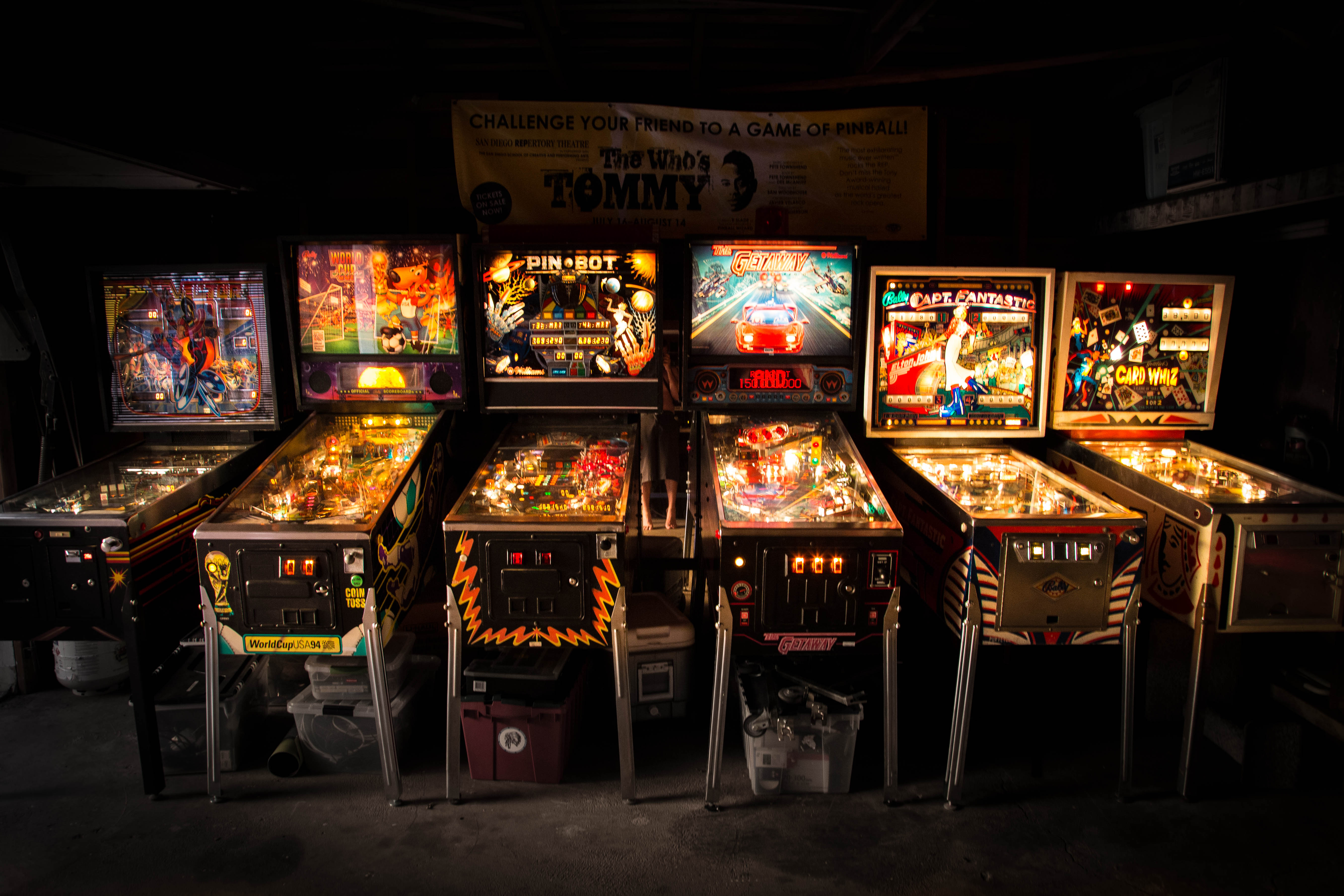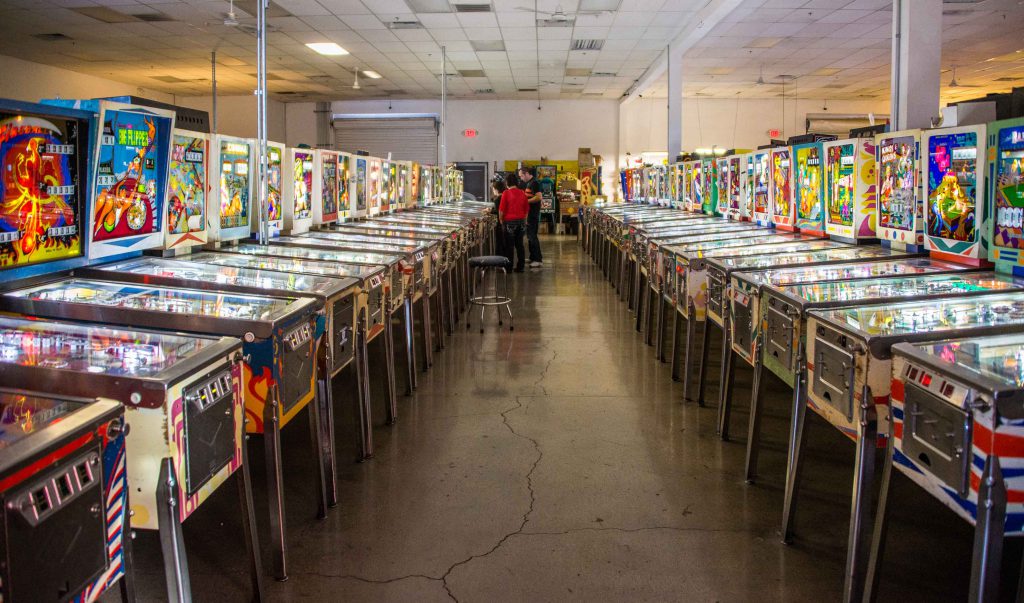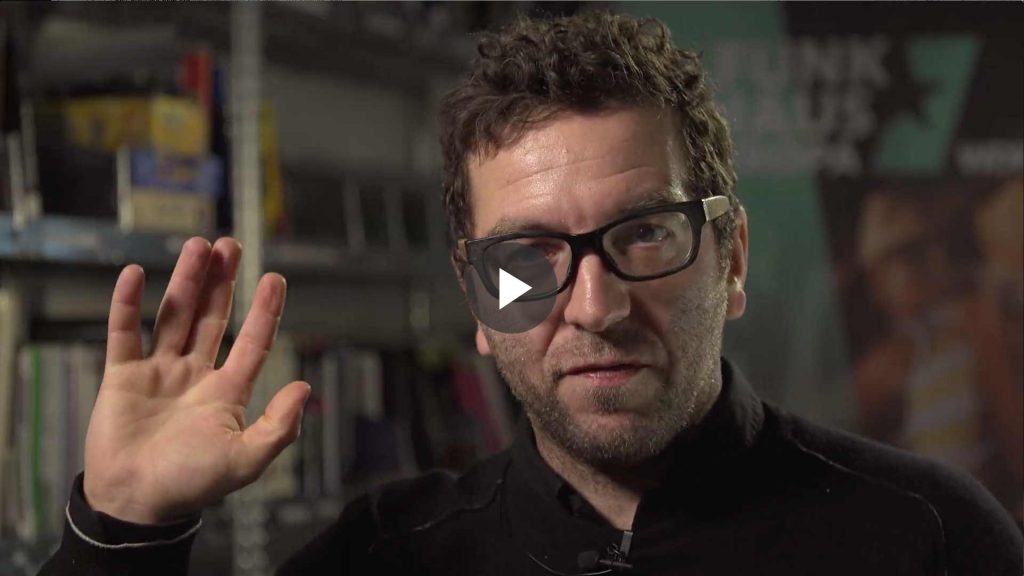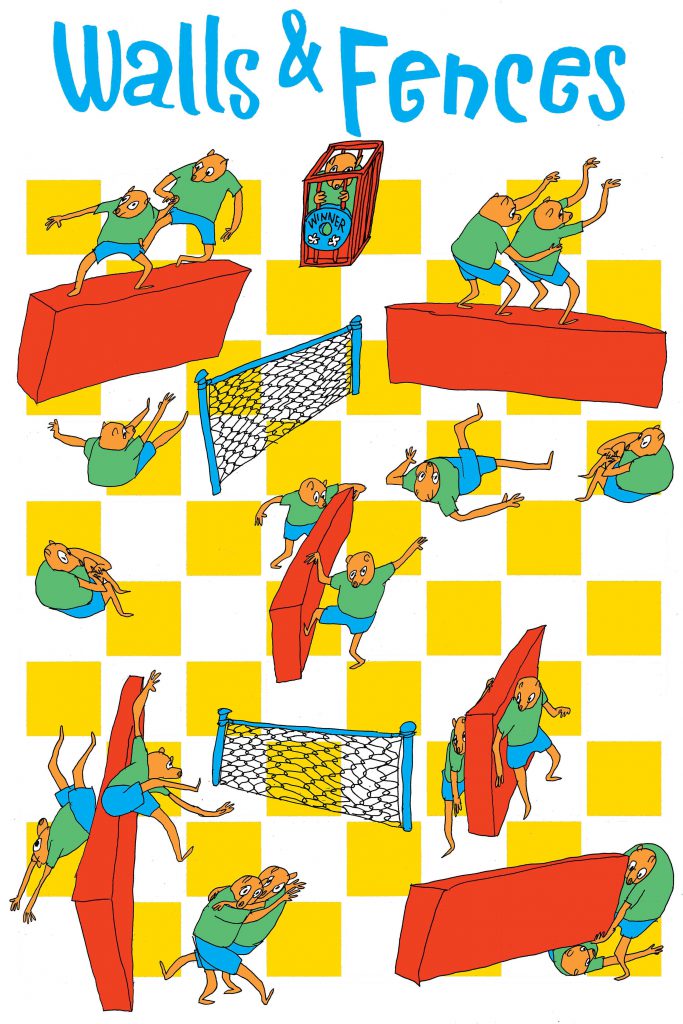In the second installment of her two-part essay, writer Virginia Heffernan continues her pinball pilgrimage and humanizes the digital-analog divide. Missed part 1? Read it here.
There were also beeps in this game. When my balls—my extra balls by now, I’m that good—hit one particular bumper and bounced back on it, again and again, piling up points and aiming me for the leaderboard, the beeps beeped furiously. Each one was a half-second, more or less tonal, and—as usual for me—beeps sit on the knife’s edge of puzzling and rapturous.
Beeps belong to nature and electricity and electronics and the Internet. All the centuries. Like the railroad toot but unlike an old telephone ring, beeps have both a distinct start and finish, marked by the twin plosives “b” and “p,” and an elastic center that can generously expand and contract like an accordion: beeeeeeeep. You can create Morse code in beeps. Beeeep beep beep beep. Beep. Beep. Beep beeeep beeeep beep. Yes, they’re a frankensound—but nature can almost, almost suggest them. They certainly seem to have always existed. Maybe art teases beeps out of nature.
The beep is synthetic; it’s manmade, like climate change. Plants don’t beep, nor weather, nor animals, nor birds except Road Runner. If you hear a beep, you know that a person, or more likely his artifact, is signaling. There’s no wondering, Is that a beep or a nightingale? Is that a beep or a tornado? Beeps are also not voices or music.
And still, sonically exotic as they may be, beeps are, as my pinball home insistently suggested, easy to make; they are cheap and light. No wonder everything beeps. E-mail beeps. Texts. Trucks in reverse. Hospital monitors. Stoves, dashboards, cameras, clocks. Coffee machines. Dishwashers. Elevators. Toys. Robots. Toy robots.
[In] the Monopoly game the beeps were modulated and engineered to define my experience, the very victories I thought I was creating with my analog tendons and fingertips and wrists.
The onomatopoeic word “beep” launched in 1929, and prewar beeps were produced by car horns, though sonar, electric elevators, and clown horns may have beeped or protobeeped even before the 1920s. Other car horns of the period, and now especially those of big cars, are usually heard to “honk.” Beeps as the sound of cute cars—makes sense. A small, zippy, nuisancey thing chirping, “’Scuse me, could you move a smidge? Thanks!” That’s a beep.
As a source for beeps, car horns gave way to piezoelectric technology, a breakthrough used increasingly after World War II in labs, hospitals, and military operations. With the arrival of the transistor, small piezo buzzers could be made to beep in devices like electronic metronomes and game-show buzzers. An efficient, low-power way to gin up a tone for a device to emit. Beeps could now be heard in a range of contexts, but the sound still managed to speak of seriousness and technology.
The material world and our bodies, in concert, can reconfigure themselves, as if to prove they can’t be digitized.
Were those beeps on the pinball playfield digitized? I choose to believe they were not made in sound labs, but date from the bells and horns of J.P. Morgan days. That every time a ball hit a bumper it squeaked because it was weighted metal on hard, smooth rubber, and something in the angle—and I misread it as a beep—but I’m not crazy: Naturally on the Monopoly game the beeps were modulated and engineered to define my experience, the very victories I thought I was creating with my analog tendons and fingertips and wrists.
Beautifully, submissively, we have adjusted to the hegemony of computers. But this Monopoly table, with its rusty screws and peeled paint, suggests one road back or through to an ecstatic, three-dimensional, and entirely mortal form of culture, in which our imperfect and limited bodies might reassert their centrality to culture, politics, and philosophy. This reassertion I anticipate with some giddiness the way, in my Bolshevik days, I used to anticipate the digital revolution. This time I resolve not to be so impatient with my elders.
The material world and our bodies, in concert, can yet reconfigure themselves, as if to prove they can’t be digitized. I believe that. In games like this one, from 2001, before broadband razed our nervous systems, I hear trills of promise. Of course, on this day, I was at forty-five in the middle of the journey my life, lost in the dark wood of an executive hotel. I was a truant; I had skipped a conference for a stolen pinball game. And reader: I was winning. ♦
(Image credit: Pinball by el-toro on Flickr.)












